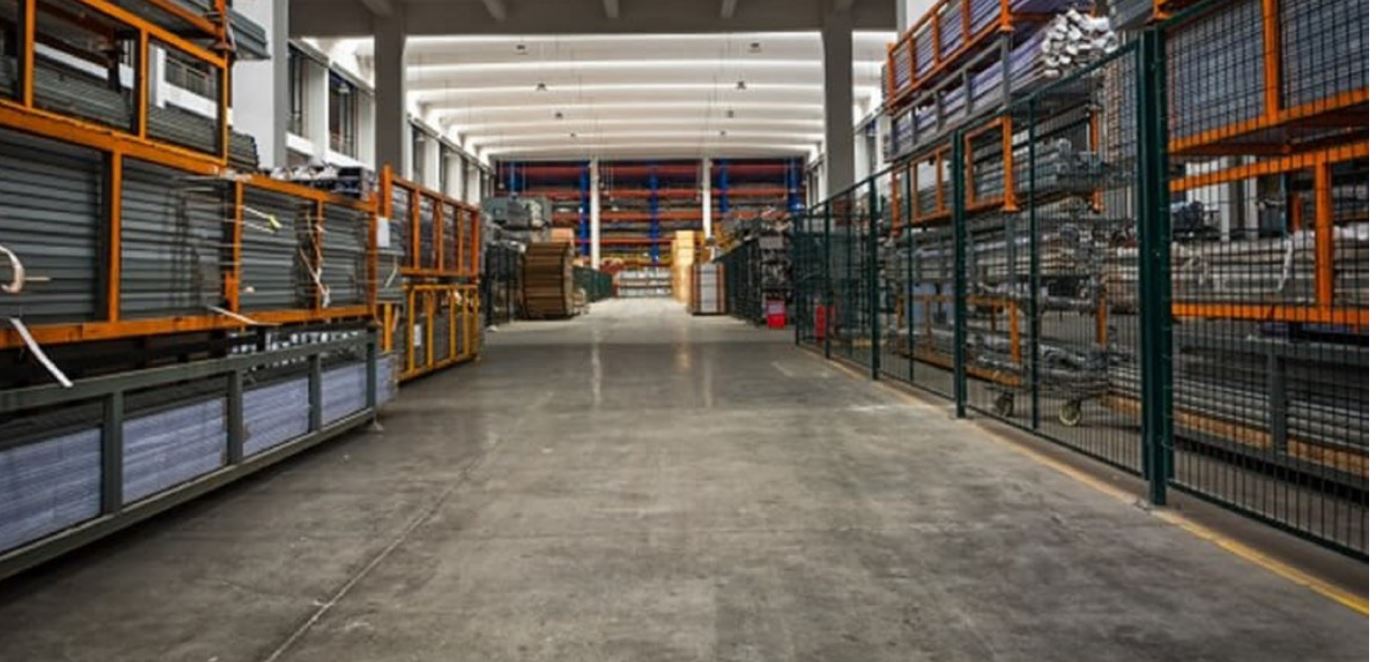Huawei South Africa has officially launched a next-generation smart warehouse in Johannesburg, marking a significant investment in the continent’s log
Huawei South Africa has officially launched a next-generation smart warehouse in Johannesburg, marking a significant investment in the continent’s logistics sector. The 14,000-square-meter facility is designed with advanced technology that enhances operational efficiency, improves security, and supports eco-friendly practices. This move positions Huawei at the forefront of warehouse innovation in Africa.
According to Huawei South Africa CEO Will Meng, the logistics and warehousing industry in the country was worth approximately $93 billion in 2024, with projections suggesting it could grow to $157 billion by 2032. Meng emphasized that this growth reflects a broader shift toward more agile, intelligent, and digitally driven supply chains—essential for staying competitive in today’s global market.
GEM model
The newly launched facility is powered by Huawei’s GEM model—Green energy, E-security, and Modern logistics. This framework is implemented through an advanced digital warehouse management system that enables the automation of around 60% of routine tasks. A guided tour of the warehouse, led by Stevin John Du Plessis, Huawei South Africa’s Logistics Manager, gave industry leaders and guests a firsthand look at the technology in action. Key features include:
The facility runs primarily on solar power, supported by a 150KWp solar photovoltaic system and Huawei’s own SUN2000-100KTL-M2 inverters. This setup supplies nearly 90% of the warehouse’s energy needs during daylight hours. As explained by Herman Fourie, Senior Solutions Manager for Digital Power, this helps businesses reduce energy costs and even allows them to feed surplus power back into the grid.
An AI-driven camera system offers around-the-clock monitoring with full-color imaging—even in complete darkness. The cameras are equipped with front-end AI processing, minimizing the need for backend servers and freeing up valuable warehouse space. Huawei’s fiber-optic network enables real-time video feeds throughout the facility, improving overall safety and responsiveness.
Manual picking has been replaced with automated systems. Workers now use handheld PDA scanners for real-time, paperless operations. Automated Guided Vehicles (AGVs) and Forklifts (AGFs) retrieve goods and bring them directly to operators, boosting efficiency. This system allows workers to process up to 110 lines per hour—almost double that of traditional warehouses—and helps reduce the risks associated with heavy machinery use.
Du Plessis noted that these technologies have increased warehouse efficiency by up to 80% when compared to conventional methods.
York Ning, Huawei’s Director of Enterprise Marketing and Solutions, added that the warehouse management system coordinates all logistics operations and seamlessly integrates automation tools like AGVs and AGFs. This intelligent task allocation boosts productivity by 37% per employee.
Huawei’s long-term logistics partner, Africa Global Logistics, praised the collaboration. Chief Operating Officer Fergus Fitch shared that their 15-year relationship with Huawei has led to streamlined operations and improved efficiency. The company plans to develop a new 35,000-square-meter logistics hub in Africa, which will be fully integrated with Huawei’s smart technologies.
Meng concluded the launch by reinforcing Huawei’s commitment to driving digital transformation in Africa’s logistics sector. He stated that Huawei is focused on delivering solutions that not only address current challenges but also enable long-term growth and innovation.
Through the integration of green energy systems, intelligent surveillance, and smart automation, Huawei has introduced a model for future-ready warehousing—prioritizing sustainability, security, and speed. This development could serve as a blueprint for similar transformations across the continent and beyond.


